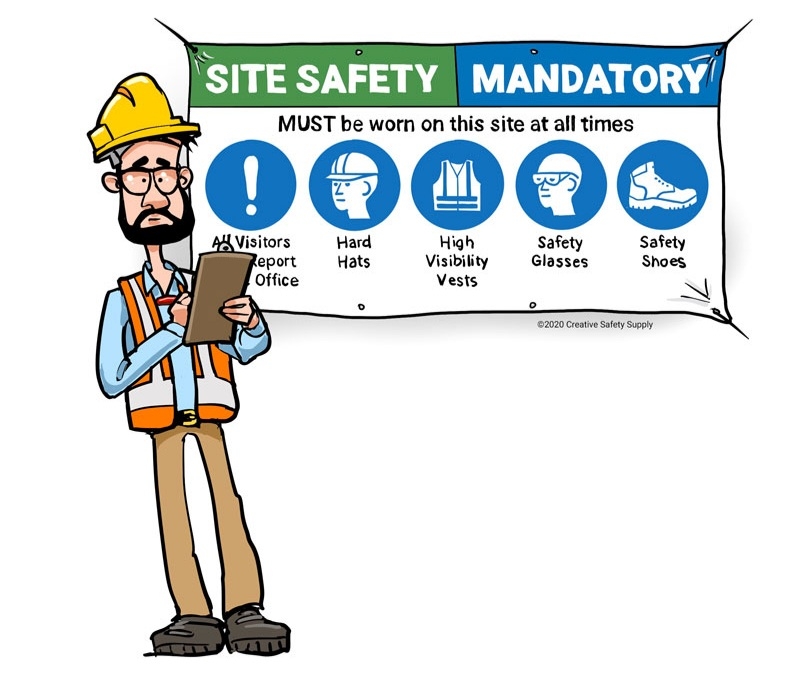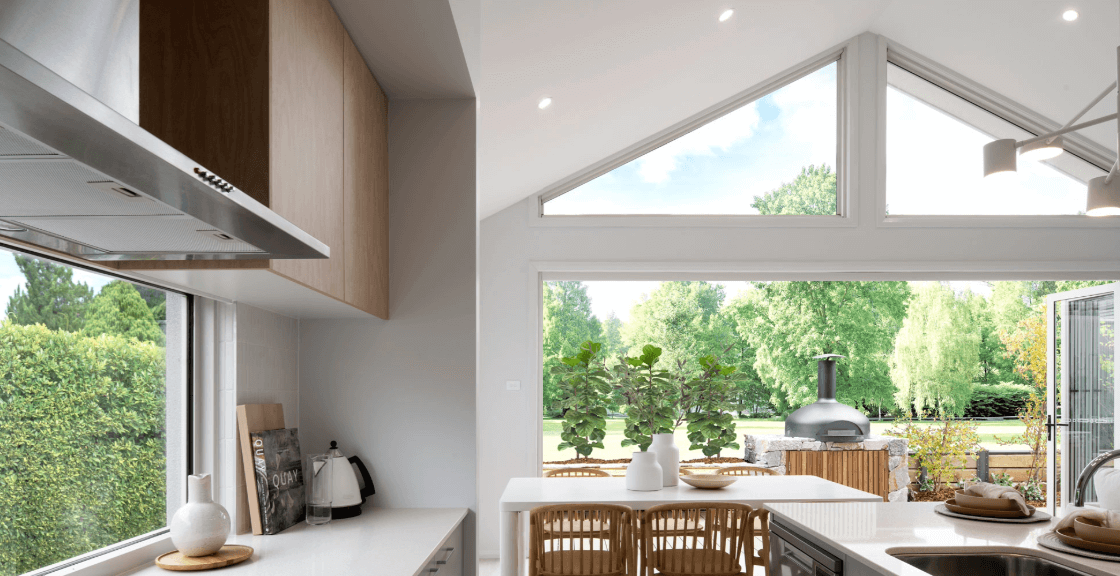Managing property maintenance and repairs efficiently requires a combination of planning, organization, and a proactive approach to ensure issues are addressed promptly, costs are minimized, and property value is maintained. Here are some effective strategies:
1. Implement a Preventive Maintenance Schedule
Regularly inspect key systems (HVAC, plumbing, electrical, roof, etc.) to catch issues early.
Develop a maintenance calendar to remind you of seasonal tasks (e.g., gutter cleaning in the fall, HVAC servicing in spring and fall).
Use checklists to track maintenance activities for each property.
2. Create a Network of Trusted Contractors
Build relationships with reliable service providers (e.g., plumbers, electricians, and handymen) who can provide quality work at reasonable rates.
Check references, reviews, and credentials before hiring contractors and consider having multiple options on file for each type of service.
Negotiate fixed rates or service agreements for frequent or recurring tasks to help control costs.
3. Leverage Technology for Efficient Management
Use property management software (like Buildium, AppFolio, or Propertyware) to organize maintenance requests, track expenses, and schedule repairs.
Allow tenants to submit repair requests online, making it easier to log and prioritize issues.
Some apps also allow tenants to take photos or videos of issues, which can help contractors better understand the problem before arriving.
4. Establish a Clear Maintenance Budget
Set aside funds specifically for maintenance and repairs, ideally 1-3% of the property value per year, depending on the property’s age and condition.
Plan for emergency repairs by keeping a reserve fund to avoid budget strain.
Regularly review expenses to look for areas where costs could be reduced or maintenance frequency adjusted.
5. Prioritize Repairs Based on Urgency
For tenant satisfaction and safety, prioritize repairs that affect habitability (e.g., plumbing issues, heating problems in winter).
Address small repairs promptly before they become costly, such as minor leaks or small cracks that could lead to larger issues.
Triage less critical repairs to schedule during slower times or when contractors are more readily available.
6. Educate Tenants on Proper Use and Maintenance
Provide tenants with guidelines on operating appliances, avoiding plumbing clogs, and reporting issues early.
Include tips on minor tasks like changing HVAC filters, which can prevent unnecessary wear and tear.
Encourage open communication, so tenants feel comfortable reporting issues rather than waiting for them to worsen.
7. Document All Maintenance Activities
Keep detailed records of all maintenance and repairs, including costs, dates, contractors used, and any warranties.
Documenting work history helps you track recurring issues and gives future buyers or appraisers insight into the property’s upkeep.
Organized records can also be useful for tax purposes or legal disputes if they arise.
8. Consider Using Property Inspections
Conduct semi-annual or annual property inspections to identify hidden issues and address minor repairs.
During inspections, look for issues with structural components, water damage, mold, pests, and safety hazards.
Inspections can help with budgeting and long-term planning for major replacements (e.g., roof, HVAC).
9. Evaluate and Improve Energy Efficiency
Conduct an energy audit to identify ways to reduce energy consumption, which can help lower utility costs and extend the life of systems.
Invest in energy-efficient lighting, appliances, and insulation where feasible.
Reducing energy usage can help lower operating costs over the long term and improve property appeal.
10. Be Proactive with Renovations and Upgrades
Instead of waiting for systems or features to fail, consider upgrading components (e.g., new roof or efficient HVAC) when they are nearing the end of their expected lifespan.
Focus on upgrades that add value, such as updating kitchens or bathrooms, improving insulation, or enhancing curb appeal.
Planned upgrades allow you to schedule work at convenient times, rather than facing emergency costs when something breaks.
In Summary:
An organized, proactive approach combined with a network of trusted professionals can make property maintenance more manageable, minimize unexpected expenses, and ultimately protect your property investment.













